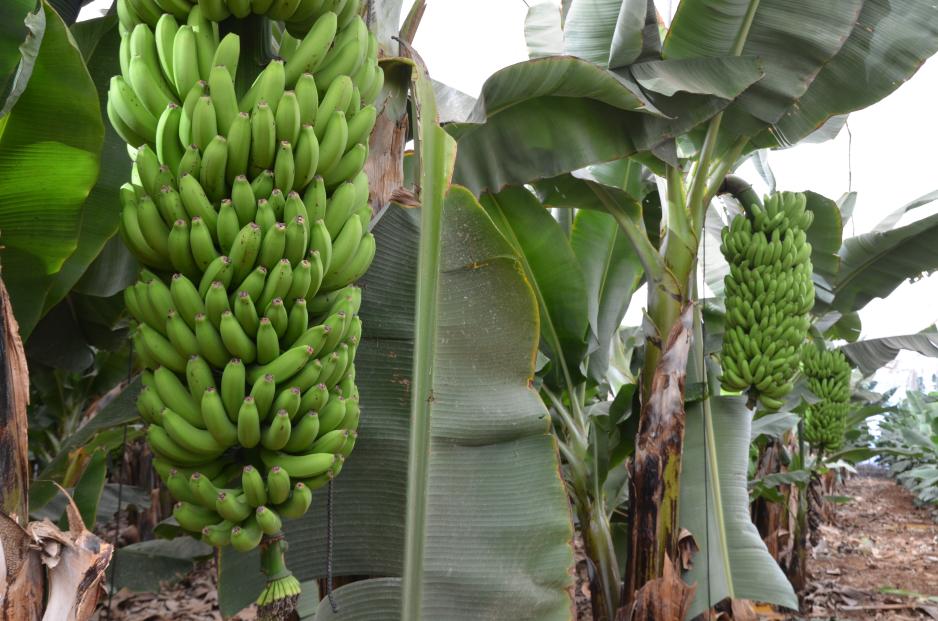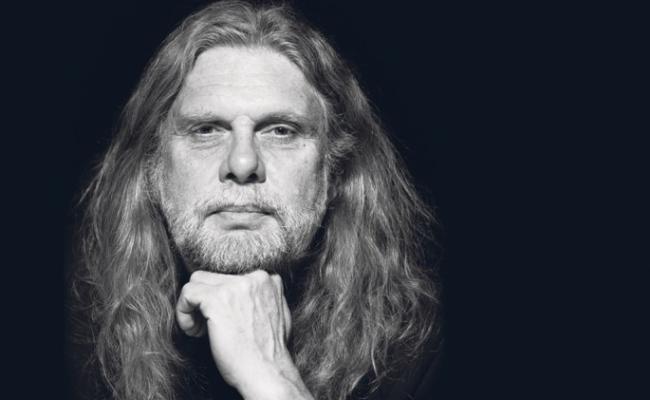Perhaps We Should Grow Bananas Along Our Border With Russia?

Bananas are both green, healthy, and sustainable. But is that what we should venture into in the north? (Photo: Adobe Stock)
(Commentary) Norway is to be resurrected as an industrial nation. But which industries we should venture into, and why, is not easy to see. Soon, there will be only banana producers who have not knocked on the Norwegian Ministry of Finance's door, in the hunt for green subsidies.
Les denne artikkelen på norsk.
And that is despite bananas being healthy, good, and sustainable.
That is perhaps how it must go in a country that overflows with public and private capital. But one day, Norway must perhaps also prioritize its public subsidization of private capital. The Norwegian oil fund CEO, Nicolai Tangen, hinted in that direction the other day when he said that the oil fund will not be profitable in the coming years.
Government funds are collapsing
Traditionally, industrial resurrection has been based on a combination of natural advantages, expertise, and infrastructure. Russia's war against Ukraine has reinforced an often underestimated element, the industry's strategic significance.
The latter is the main reason why industrial development has become a world championship of state subsidies.
The private capital is traveling by high-speed trains from Norway to Switzerland. Children of the wealth created in a country it is supposed to be impossible to earn money, are moving out of the country with a carry-on that must be easy to carry as the last remnants of tax obligations to Norway have been replaced by European tax havens.
Traveling by high-speed train from Norway to Switzerland.
Alone in Norway sits lonely and abandoned public investment funds, suffocated by the lack of private capital that was supposed to match the public funding. Over and over again, the public falls flat on its face in the meeting with the private.
Most recently in the revised national budget, where the laconic justification was that it is not successful in finding private investors or managers for an investment fund for Northern Norway, to which the state had already allocated NOK 200 million.
Owners colored green
That does not mean that the call for state financing and subsidizing of private capital halts. On the contrary.
The owners of the industry who bask in the color green, while often being safely settled outside Norway's borders, are limitless in their demands for public funding.
At the forefront are the battery factories and the windmills.
The state lives up to the bible's description of Kanaan.
There are reasons for the state funding both industries, but through extremely favorable energy agreements, state loan guarantees, specially designed industrial strategies, and access to land and sea areas, the state is already heavily involved in both industries.
It is still not enough.
A country of milk and honey
But even a state that lives up to the bible's description of Kanaan, the country which, according to Moses' scouts "overflows with milk and honey", may, as mentioned, be forced to prioritize in line with the oil fund CEO's somewhat gloomy prediction of the future.
The government's clarification of the Norwegian sanctions against Russia sent a rocket into the border municipality of Sør-Varanger.
The remaining cornerstone business Kimek had to send layoff notices to its employees. The Labor Party, which quite unfairly had to bear the responsibility of the international sanctions regime against Russia, promptly sent "half" the government to Kirkenes.
Minister of Industry, Jan Christian Vestre, and the Minister of Local Government, Sigbjørn Gjeldsvik, brought extra weight with them in the form of the head of the Norwegian Confederation of Trade Unions, Peggy Hessen Følsvik, and went straight to Kirkenes. Almost certainly with the necessary power of attorneys from both the Ministers of Defense and Foreign Affairs in their suitcases.
Years of impoverishment
The gravity of many years of impoverishment of a part of Norway that is at the forefront against an aggressive Russia could no longer be ignored.
I know little about what came out of the meetings in Kirkenes the day before our national day. According to Sør-Varanger Avis, who is closely following the developments, the government wishes to design an activity and development package in close cooperation with the local community. That is said to have been well-received.
A real willingness to take a look into reopening the mine.
And this is where the question of strategic and natural prioritization is most relevant. In the middle of the municipality lies a disused and abused iron ore mine, which still contains iron ore for several decades of production. But it costs money to put into production, just as it will cost the state enormous sums if it is to fulfill its ambition of other green industries.
Reopening of the mine
But a mine cannot, unlike a battery factory, for example, be moved to the US when the American administration takes over the lead in the global subsidy race. The mine is where it is and like most mines, it is a crucial piece of a greener future.
So far, the political answer to Eastern Finnmark's challenges after first a mining bankruptcy, then a pandemic, followed by sanctions against Russia, has been so-called restructuring packages.
But restructuring packages do not reopen a mine. Such packages are also unable to stem the flight of expertise following the shutdown of mines or the shipyard Kimek. Workers want to work for their wages, not sit as publically funded hostages in a border municipality.
A real government willingness to take a look at the reopening of the historic mine in Kirkenes would be a contribution to ensure settlement and economy along the border with Russia.
Meaningless
The alternative is, as mentioned, banana production. But that would be just as meaningless as all other government funding for industrial production that does not satisfy natural prerequisites, strategic significance, infrastructure, or industrial competence.
Perhaps Norway can afford everything it wants.
If not, we have to prioritize correctly.
Also read
This commentary was originally published in Norwegian and has been translated by Birgitte Annie Molid Martinussen.


